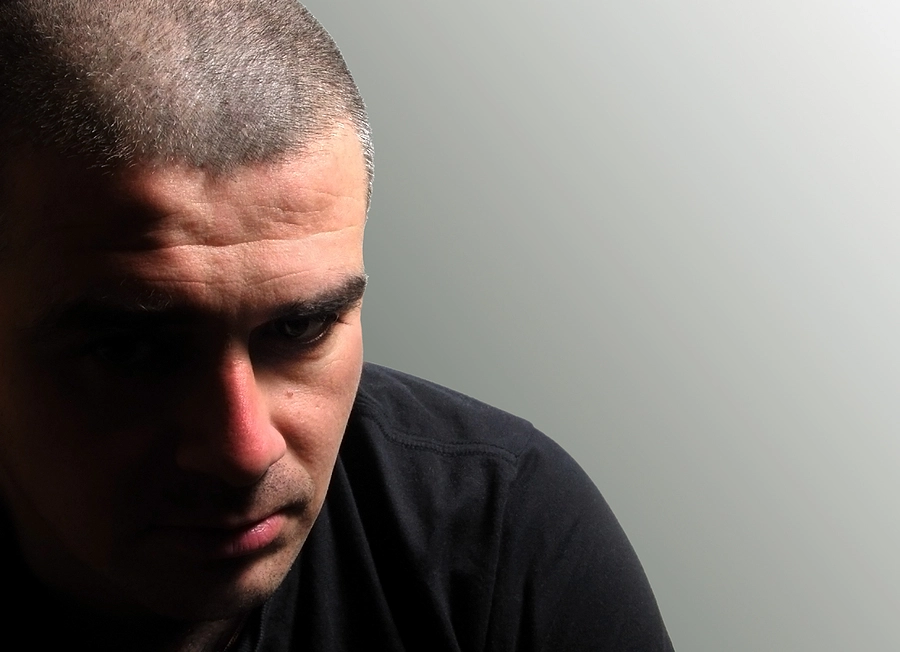The Department of Veterans Affairs (VA) reviews each VA claim they receive. Veterans or their widows who have a VA claim denied are often confused, frustrated, and angry. An initial claim denial is common, and you have a right to appeal the decision.
Your appeal, if it’s a strong one, can reverse the initial decision if you file your Notice of Disagreement (NOD), Higher-Level Review (HLR), or a Supplemental Claim to “appeal” the decision before the deadline.
The steps you take after a VA claim denial are the most important.
VA Claim Denied: What to Do Next
Filing a VA claim is tedious. There’s a lot of red tape and paperwork that you’ll need to fill out. A denial can feel defeating, and a lot of veterans or their widows will give up after an appeal. Denials can happen for a lot of reasons, and error is one of the most common reasons for the denial.
The VA is there to serve veterans, so instead of dwelling on the claim denial, it’s time to take action.
Option #1: File a Notice of Disagreement (NOD)
A NOD alerts the VA that you don’t agree with their denial and that you plan to go through with the appeals process. You have one year from the date your denial was sent to file a NOD.
When filing a NOD, you’ll want to limit the amount of information you provide.
You’re frustrated and angry, and it’s not uncommon for a veteran to send in a lengthy explanation with the NOD on why they believe the decision is wrong. The issue with providing specifics in the NOD is that you may leave out important details.
If those details are not mentioned, new evidence will have to be provided to show that a legal error was made by the VA. Providing only general information will prevent you from having to file a new claim.
An attorney will be best suited to help when filing your NOD and working on your appeal.
Option #2: Request a senior rating specialist to review your case
You can also request Higher Level Review instead of filing a NOD.
A senior rating specialist will review your appeal if you file an HLR request. It is important to keep in mind that HLR review is only designed to overturn a decision if you don’t want to submit any new evidence. However, if the HLR review uncovers a “duty to assist” error, it will provide a set of instructions for VA to follow to correct that error, and you will be able to submit additional evidence at that time.
Option #3: File a Supplemental Claim
If you want to submit additional evidence, but do not want to present your case to a veterans law judge at the BVA, this is the option to choose. If you file a Supplemental Claim within one year of the date of your VA denial, you generally still maintain the earliest possible effective date based on your old claim. It’s important to note that you should submit any evidence at the same time you file the Supplemental Claim.
Don’t Forget: Make Copies of Everything
You’re filling out a lot of paperwork, and you’ll want to make sure to:
- Create physical copies of all documents
- Make digital copies of all documents
When sending in your paperwork, use certified mail to ensure that there’s a full paper trail of the documents you sent. The goal is to have copies and proof that you provided all of the necessary paperwork in a timely manner.
Prepare to Wait on an Appeal Decision After Your VA Claim is Denied
Once you file your paperwork, be prepared to wait. Appeals to BVA can take a year or even longer, depending on whether you choose to request a hearing with a veterans law judge or not, can take 18 months, and the VA is routinely understaffed. HLR requests can take 6-12 months before a decision is made. In either case, be prepared to wait.
An attorney will do their best to expedite the process, but there’s little that can be done aside from providing the pertinent information needed to make a decision on your case. This includes notifying the VA of special circumstances that would move you to the front of the line. For example, homelessness, advanced age, a terminal illness, or severe financial hardship can boost your spot.
What Happens Next if My VA Claim Was Denied?
When a review of your case is complete, the decision may be upheld or reversed. It’s important to provide as much initial evidence as possible with your initial appeal to avoid escalating the matter further.
The appeals process is complex, and it’s far too common to have a claim denied.
“You’re kind of lost in the sauce,” said frustrated United States Marine Corps Veteran Benjamin Juarez after receiving a benefits denial letter from the Department of Veterans Affairs. It claimed he failed to show up for a required VA exam.
Juarez’s claim was denied because he was told not to attend the exam due to the coronavirus.
Claim denials are more common than they should be.
If you had a VA claim denied, your best chance at winning an appeal is to contact a veteran’s disability appeals lawyer immediately.







